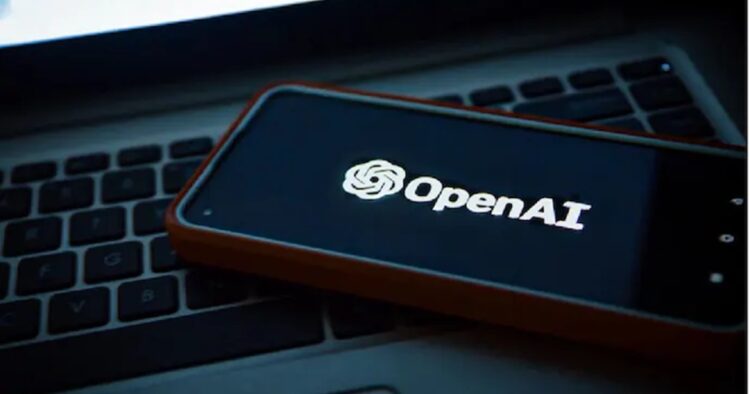In a recent revelation, it has been disclosed that OpenAI, the prominent artificial intelligence research organization, harnessed over a million hours of YouTube videos to train its formidable GPT-4 language model. This approach was adopted to address a scarcity of training data encountered during the development of their Whisper audio transcription model, as reported.
The training process for GPT-4 involved sourcing vast amounts of data from YouTube videos, a decision reportedly overseen by OpenAI President Greg Brockman himself. This move came as conventional data sources were exhausted by 2021, prompting discussions within the company about transcribing YouTube videos, podcasts, and audiobooks to augment their datasets.
Responding to inquiries regarding this unconventional training approach, OpenAI’s spokesperson Lindsay Held emphasized the company’s commitment to enhancing the comprehension of their models through curated datasets. Held mentioned that OpenAI utilizes various sources, including public data and partnerships, while also exploring the creation of synthetic data to further improve model performance.
OpenAI’s blog post introducing GPT-4 described it as a significant milestone in the organization’s efforts to scale up deep learning. GPT-4 is characterized as a large multimodal model capable of accepting both image and text inputs and emitting text outputs. Despite being less capable than humans in various real-world scenarios, GPT-4 demonstrated human-level performance on professional and academic benchmarks.
The announcement of GPT-4’s training methodology raises questions about the ethical implications of using vast amounts of publicly available content for AI model training. While OpenAI’s intentions are geared towards advancing AI capabilities, concerns have been raised regarding the potential infringement of copyright laws and privacy issues associated with transcribing YouTube videos without explicit consent.
Despite the speculation surrounding the development of GPT-5, OpenAI has not officially confirmed its launch timeline. CEO Sam Altman has hinted at the possibility of even more powerful language models in the future, underscoring OpenAI’s ongoing commitment to pushing the boundaries of artificial intelligence research and development.

















Comments